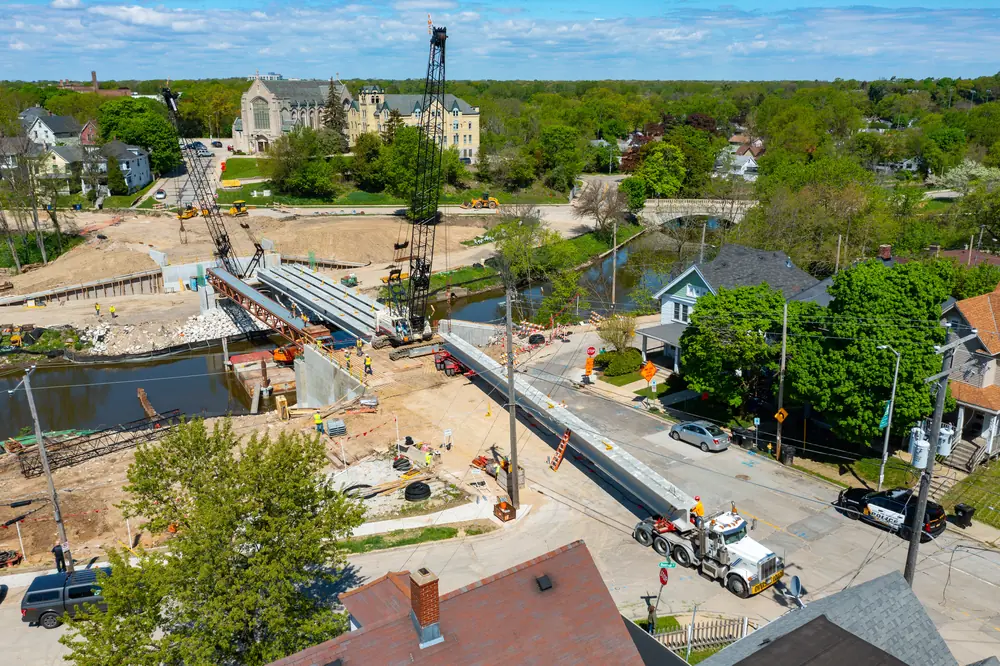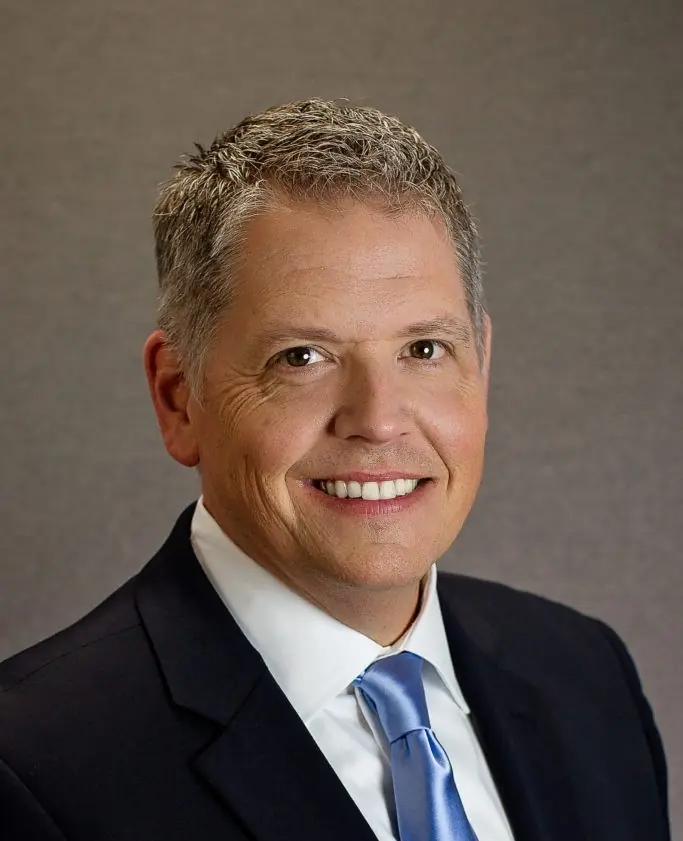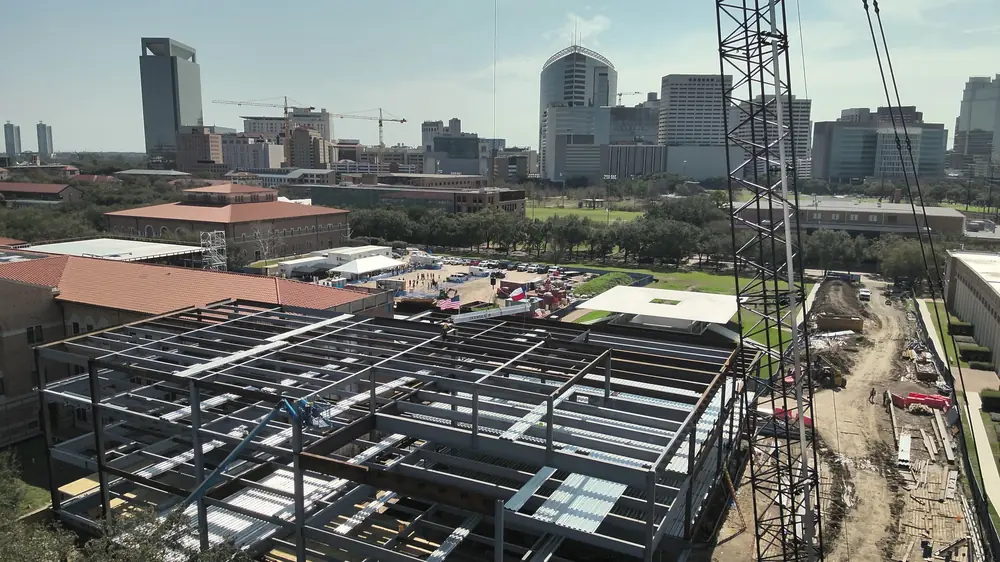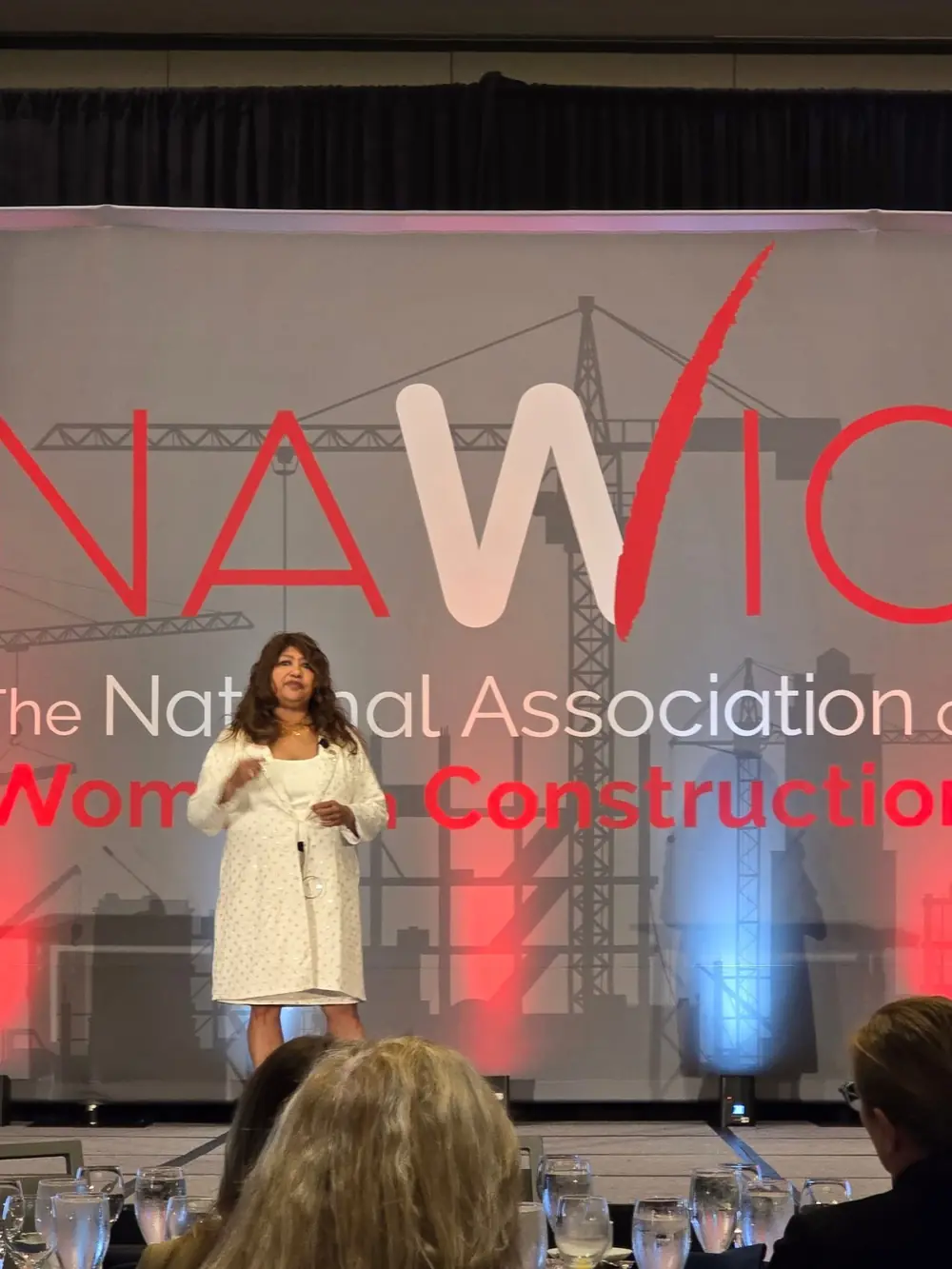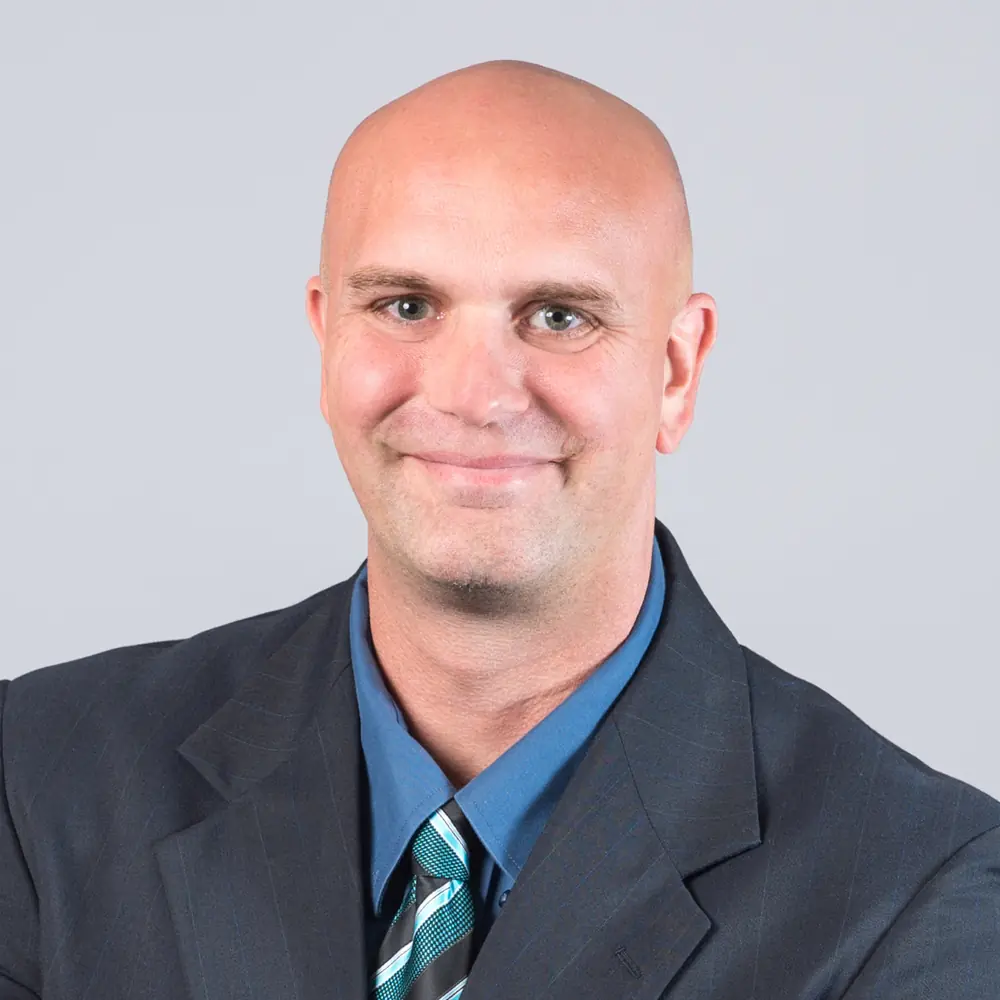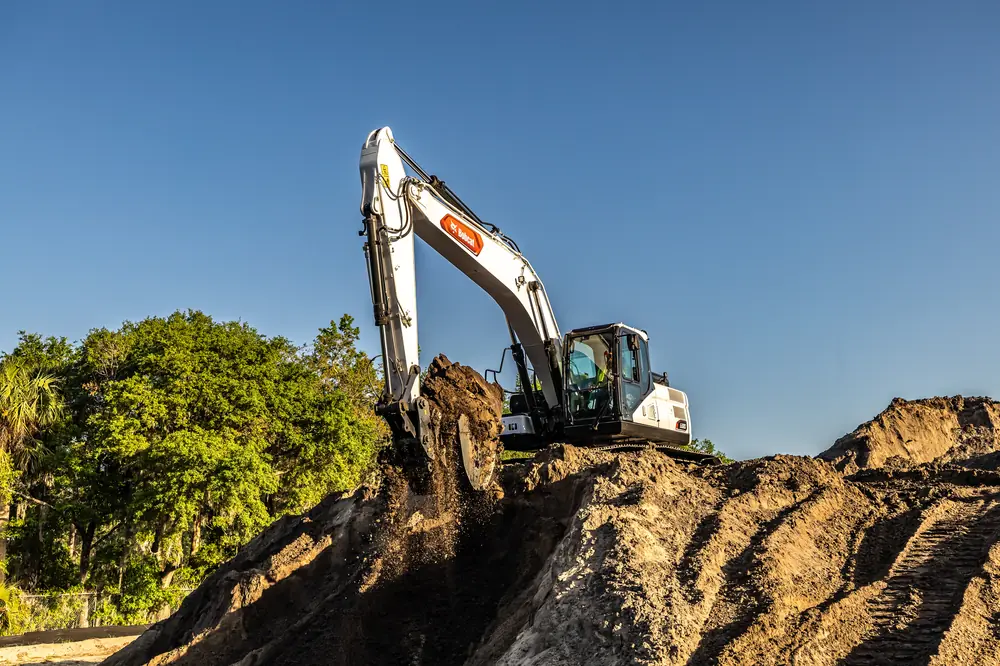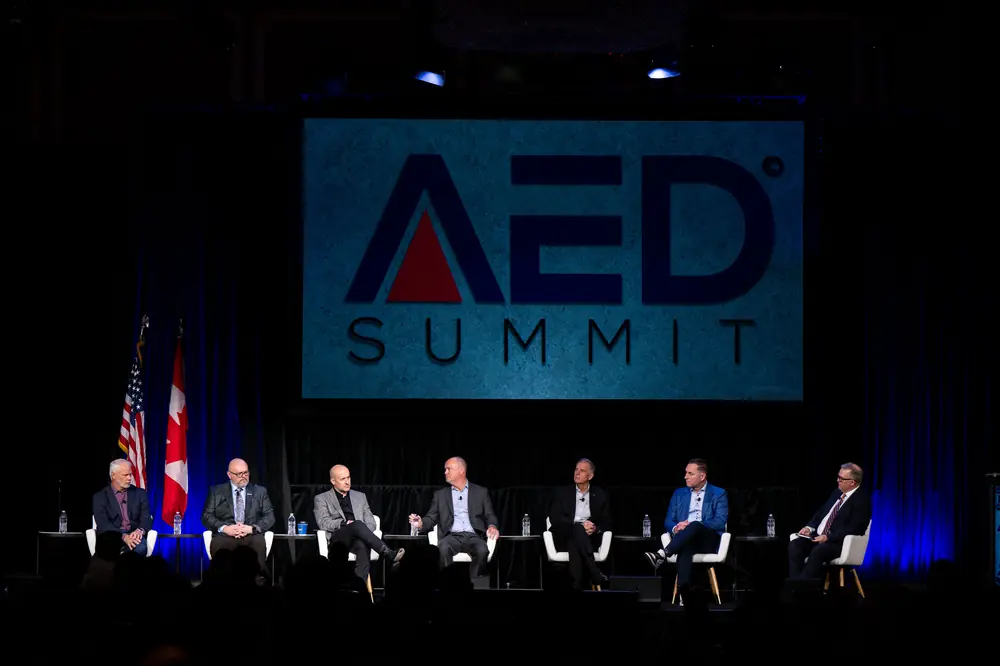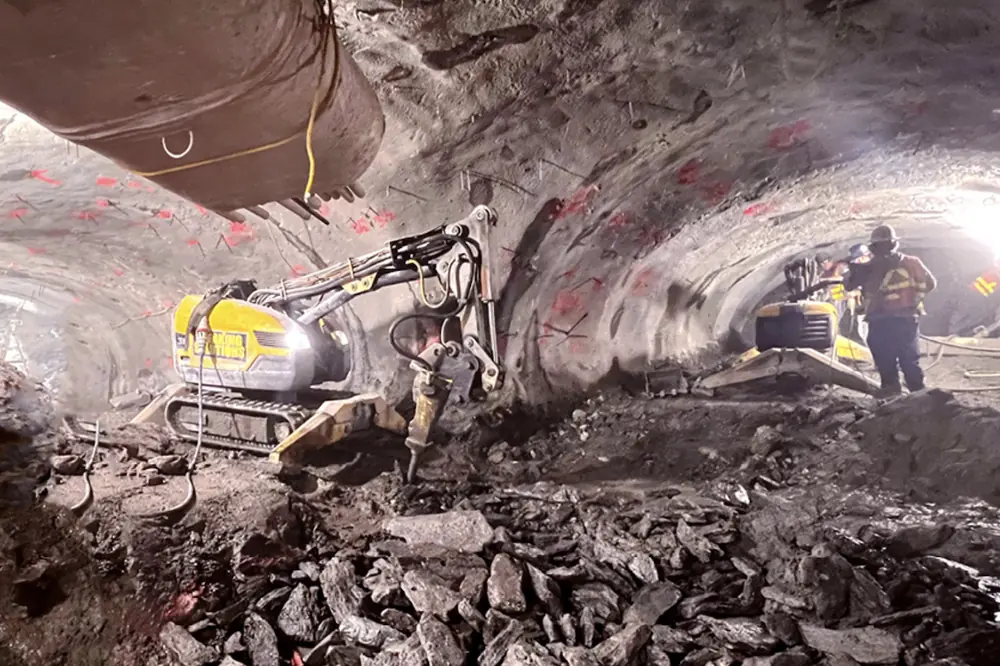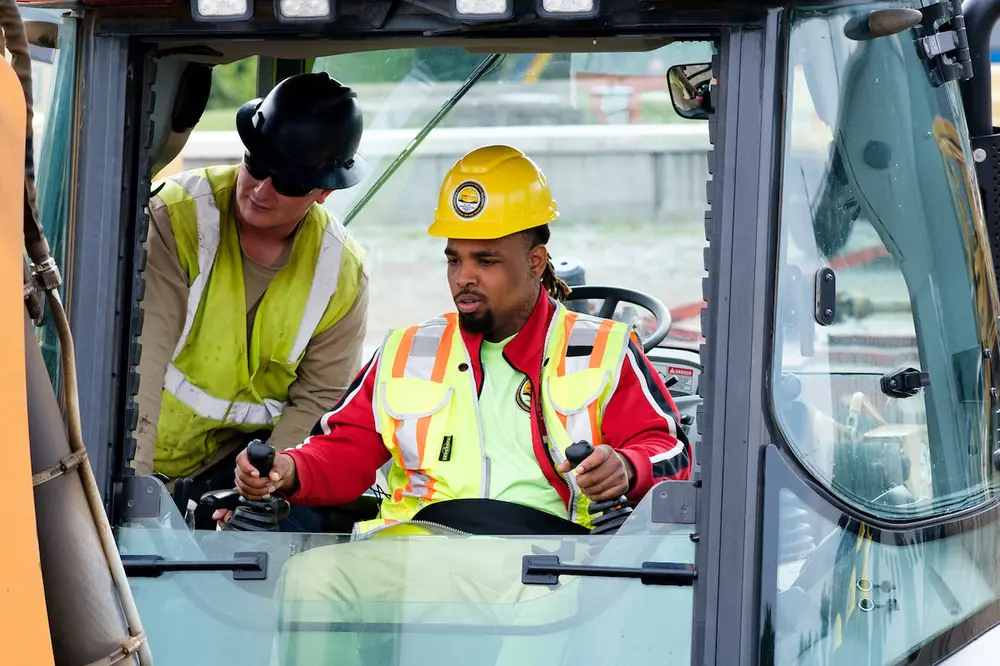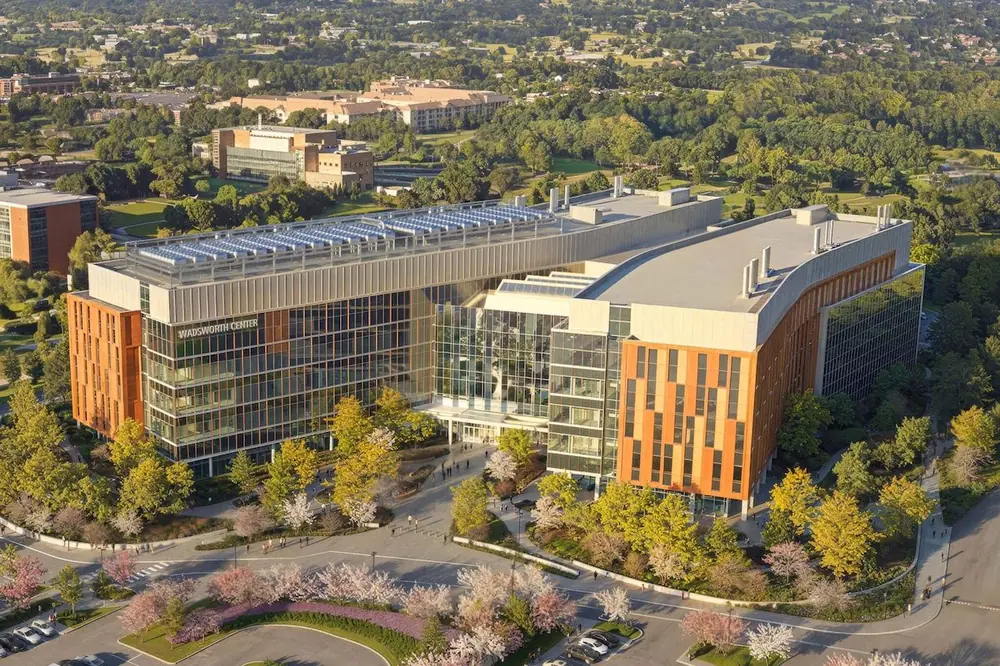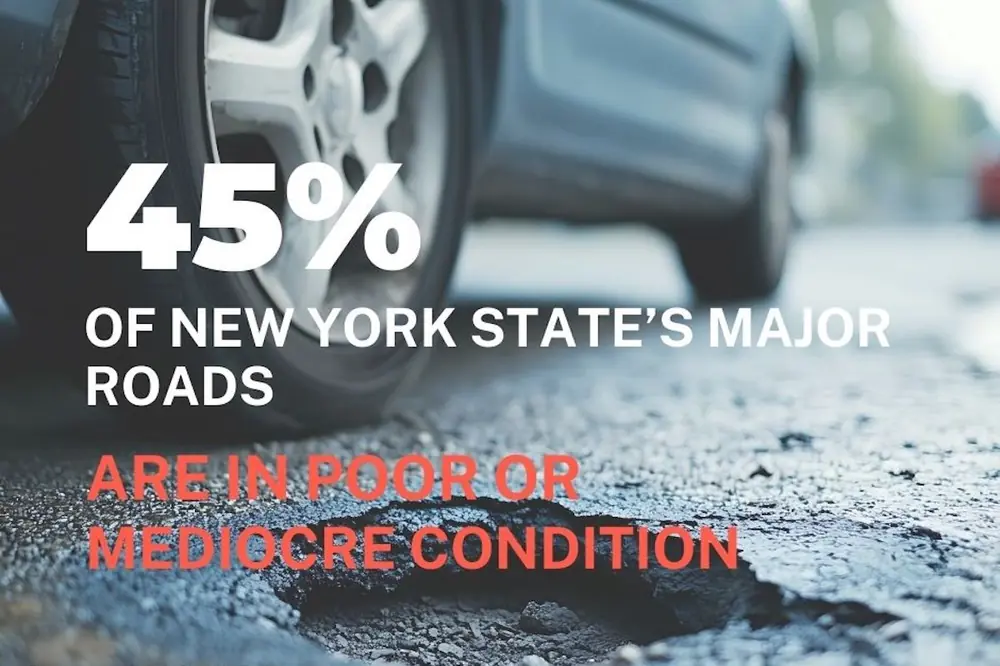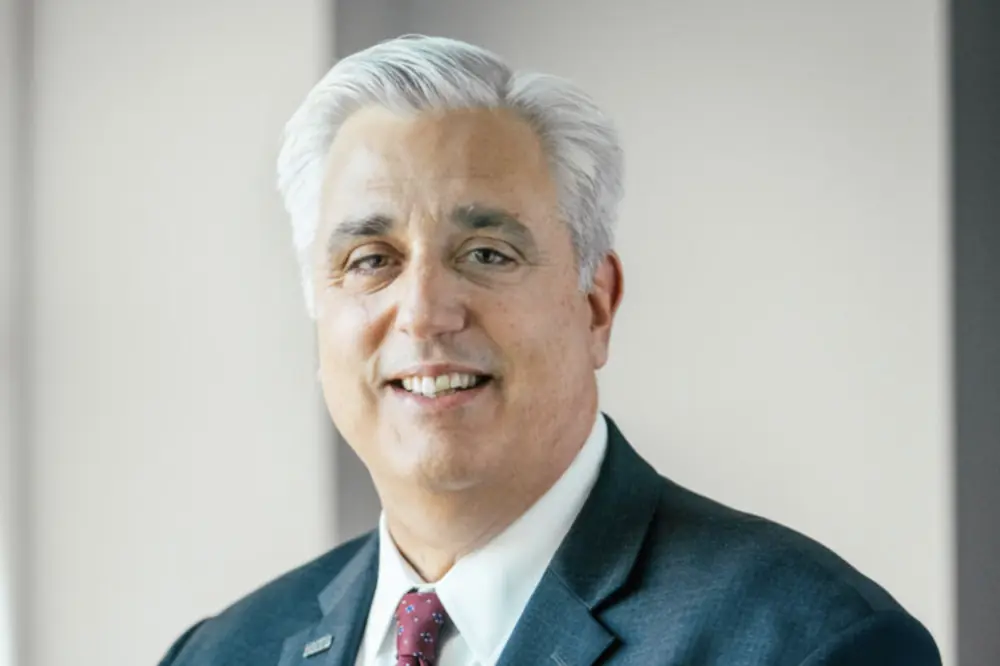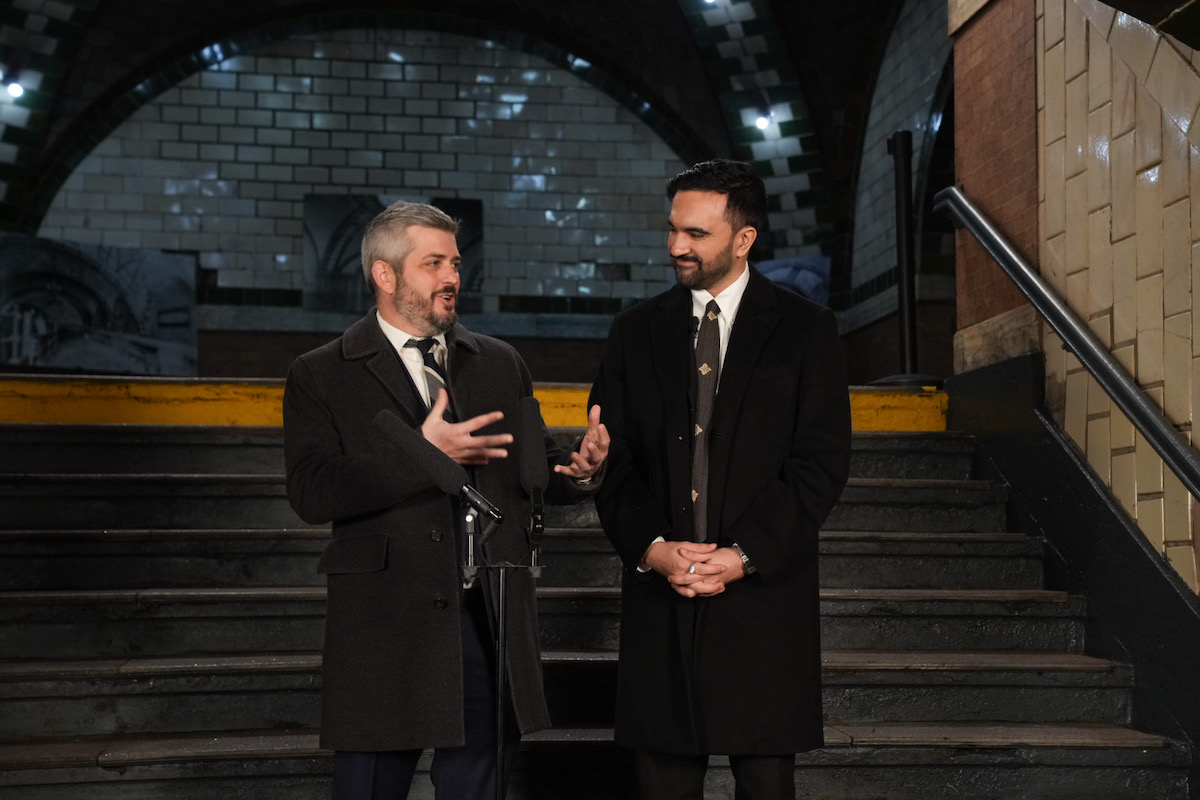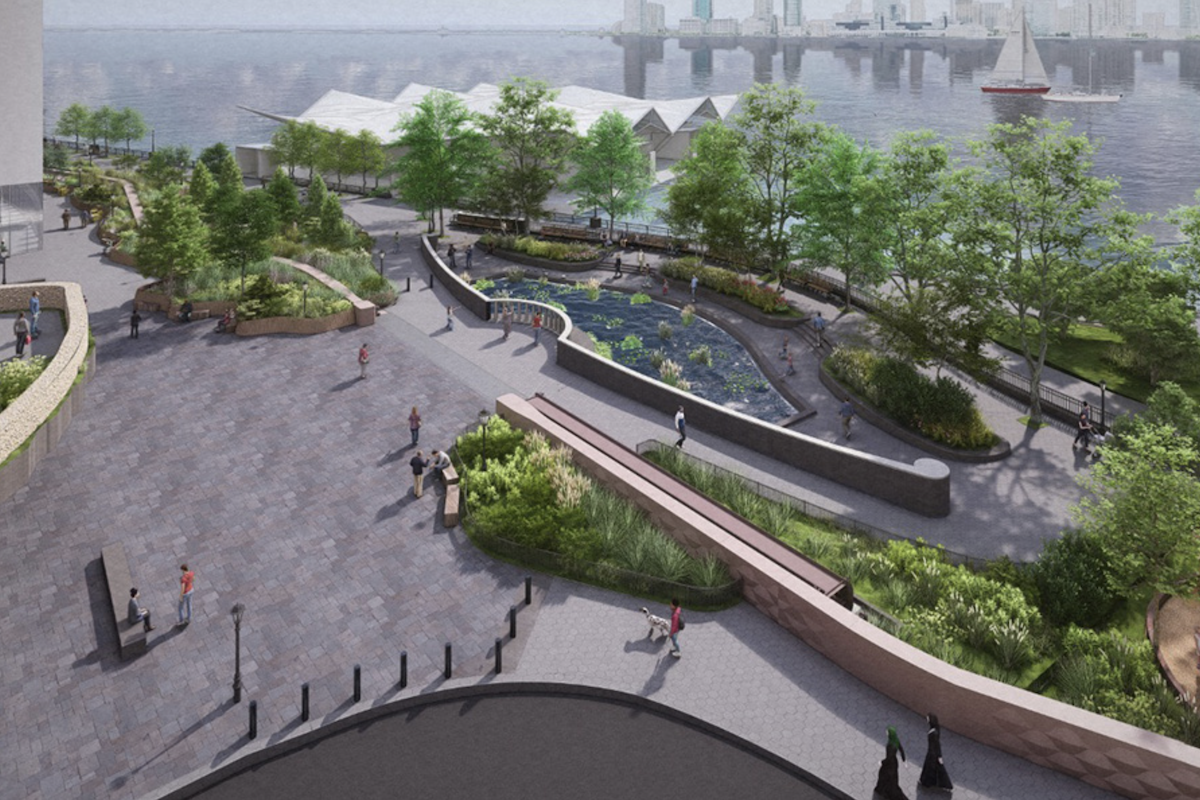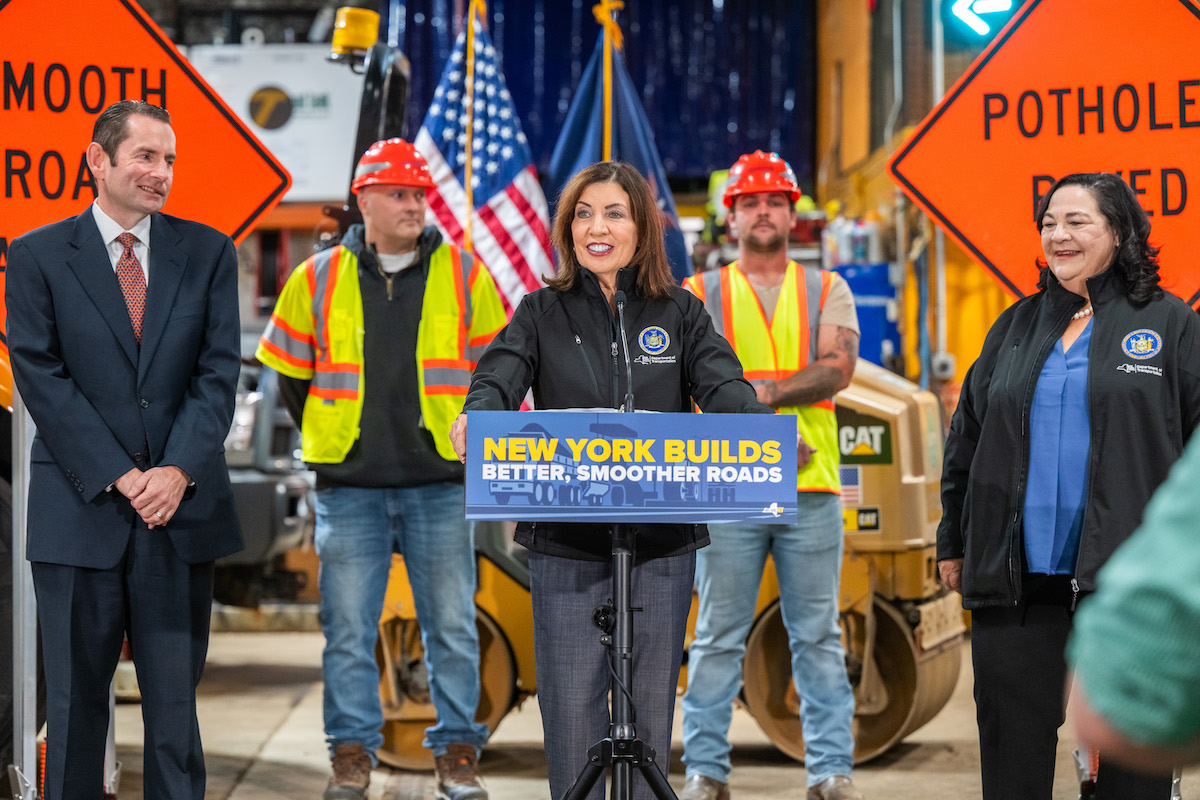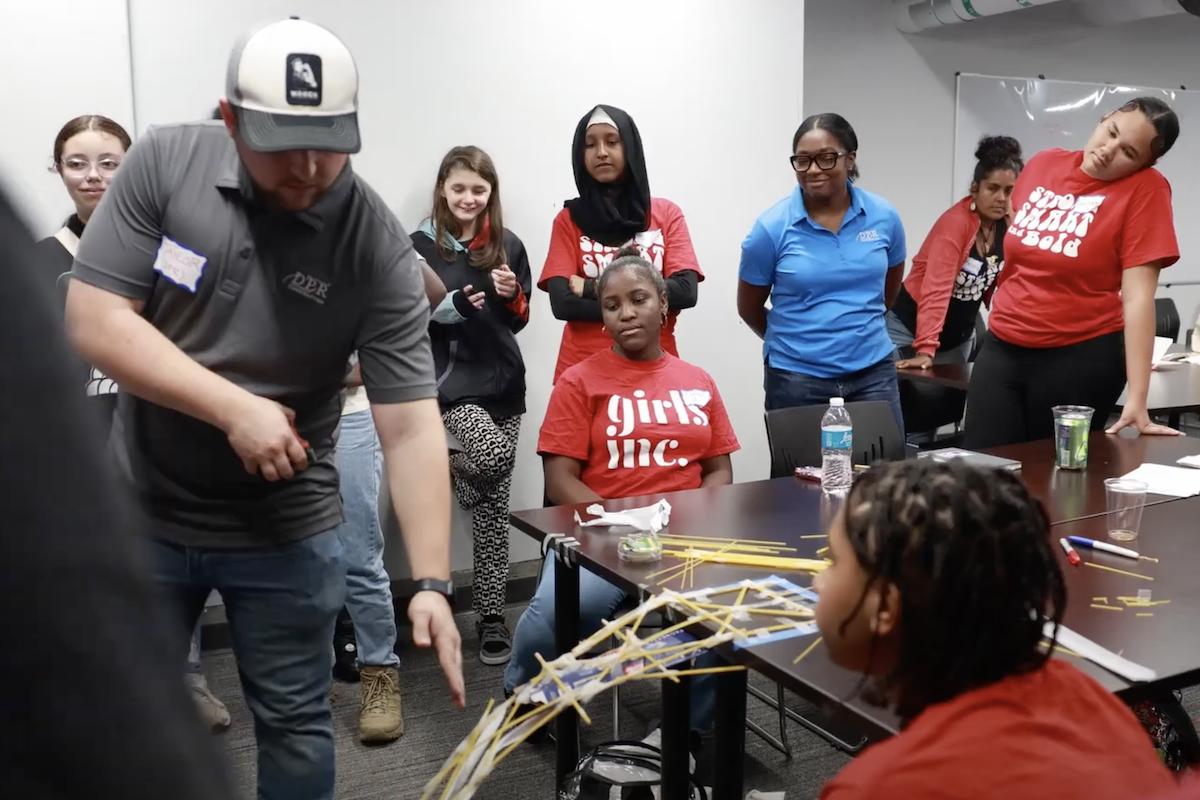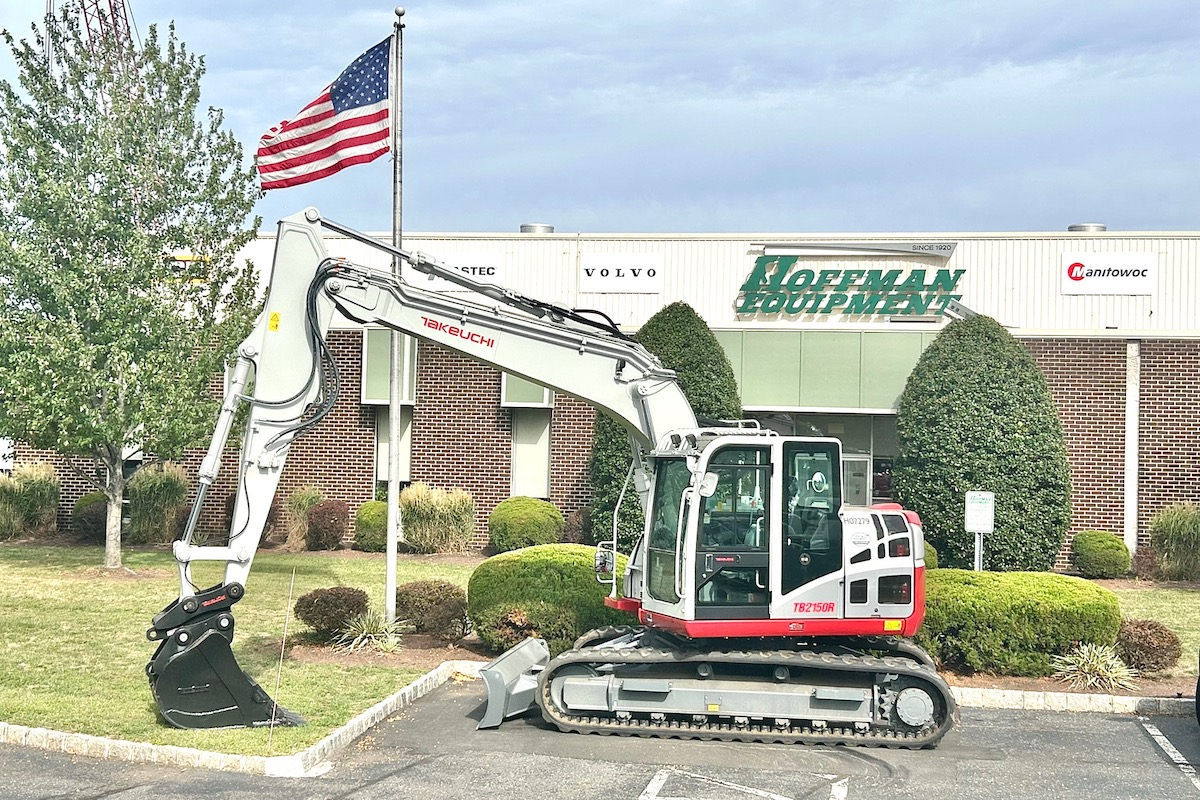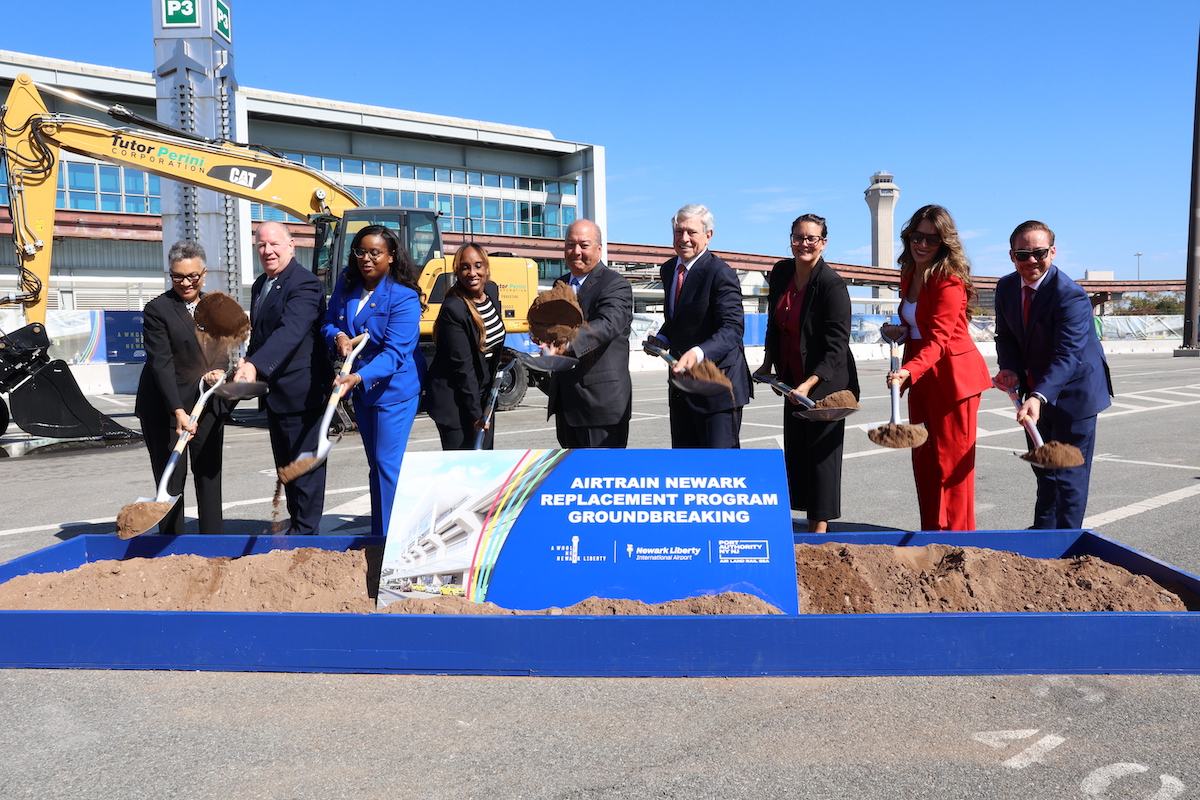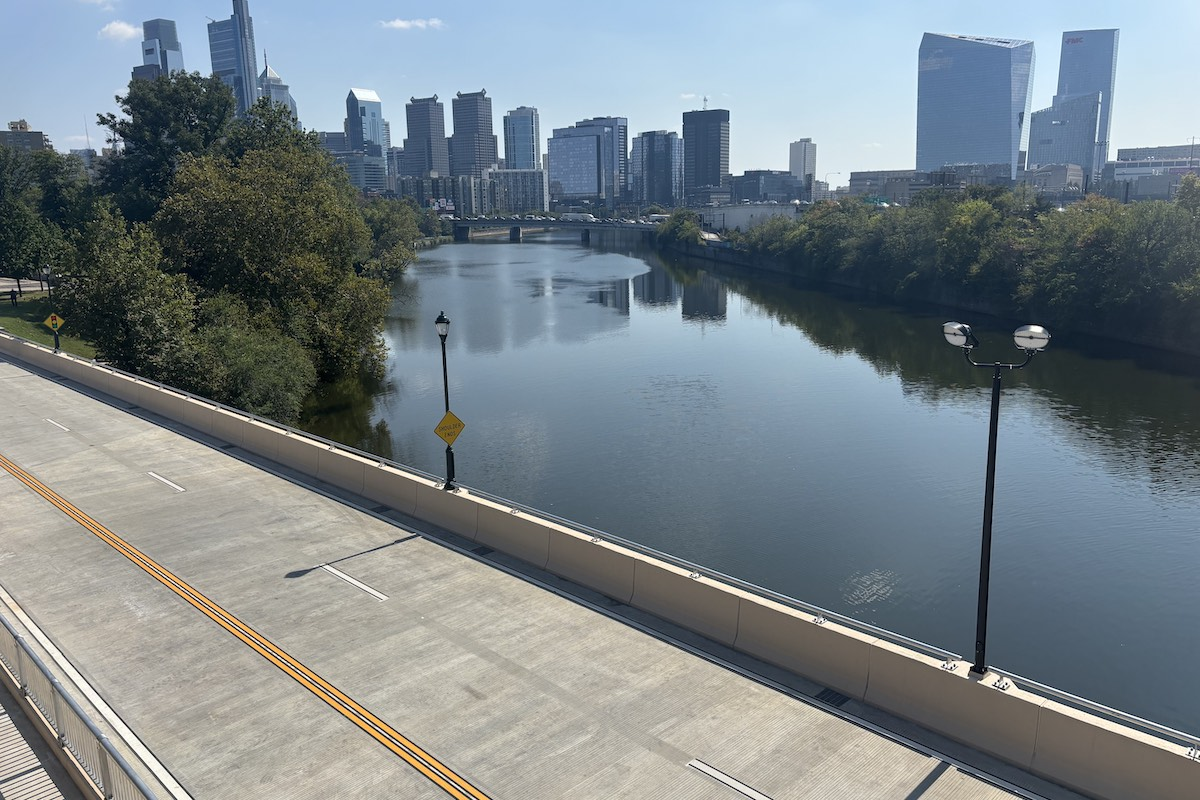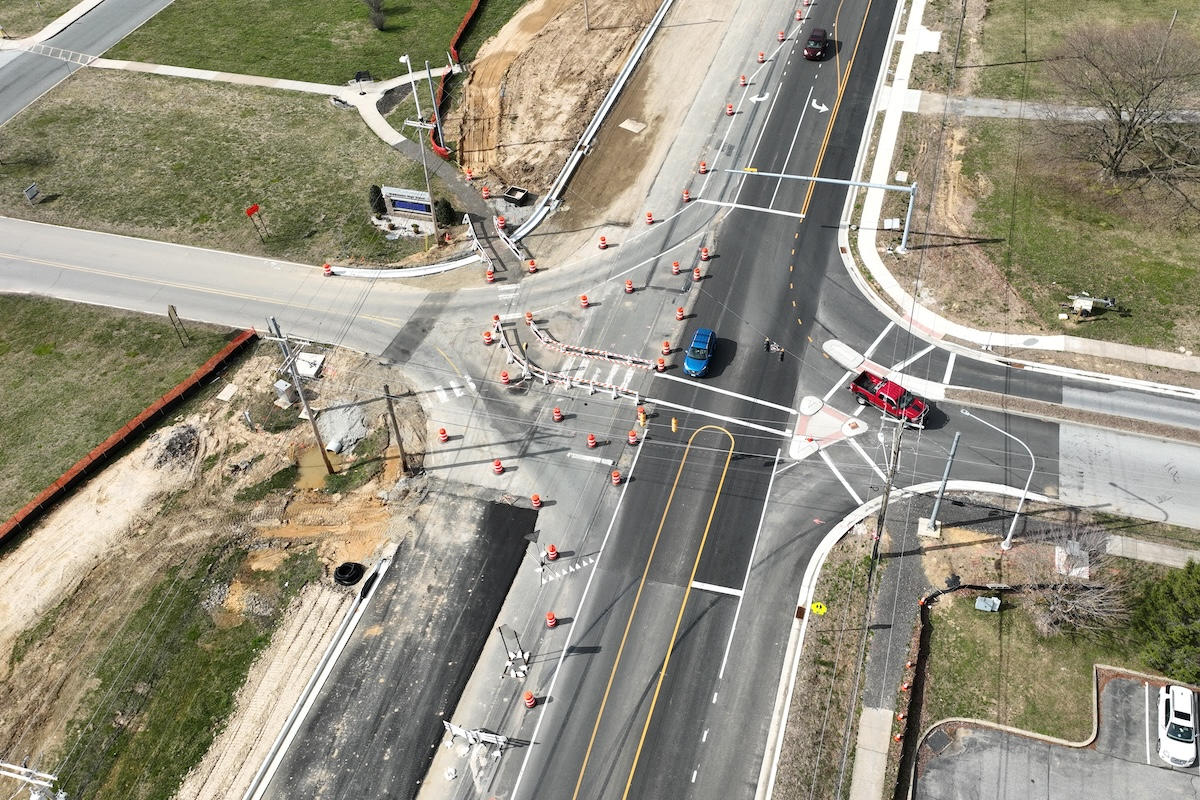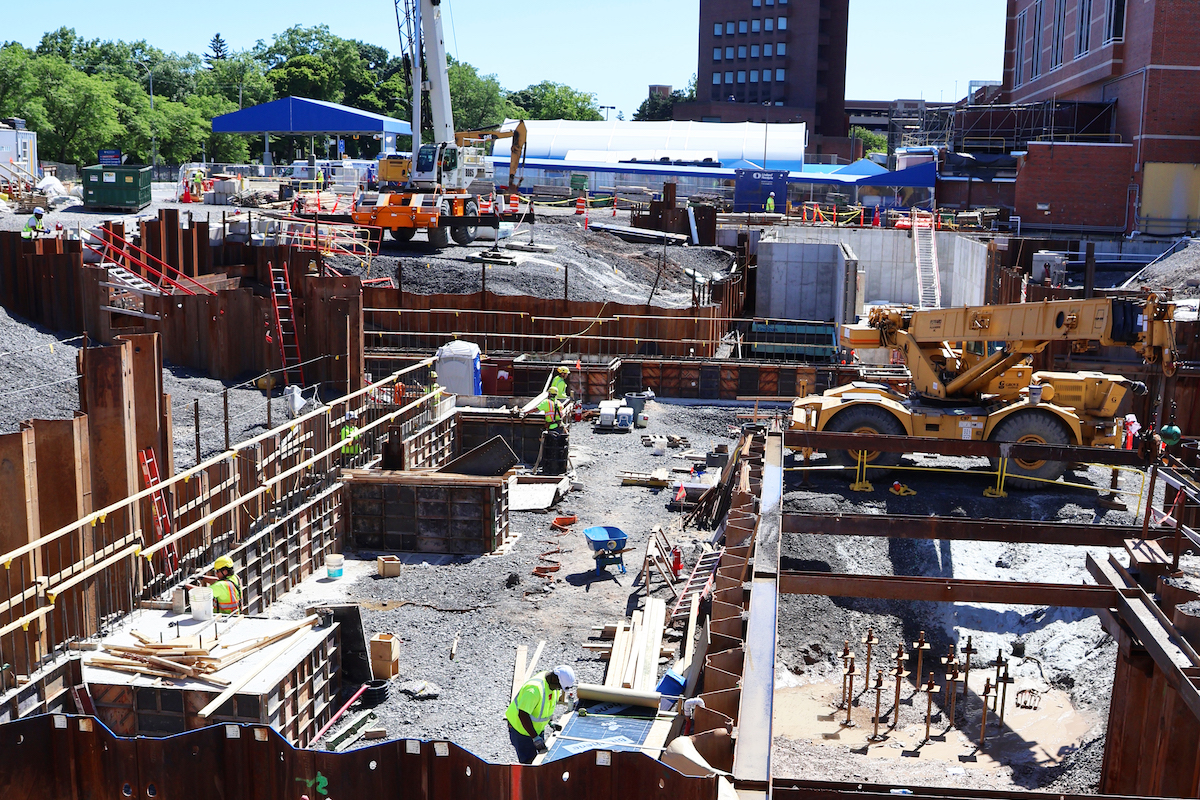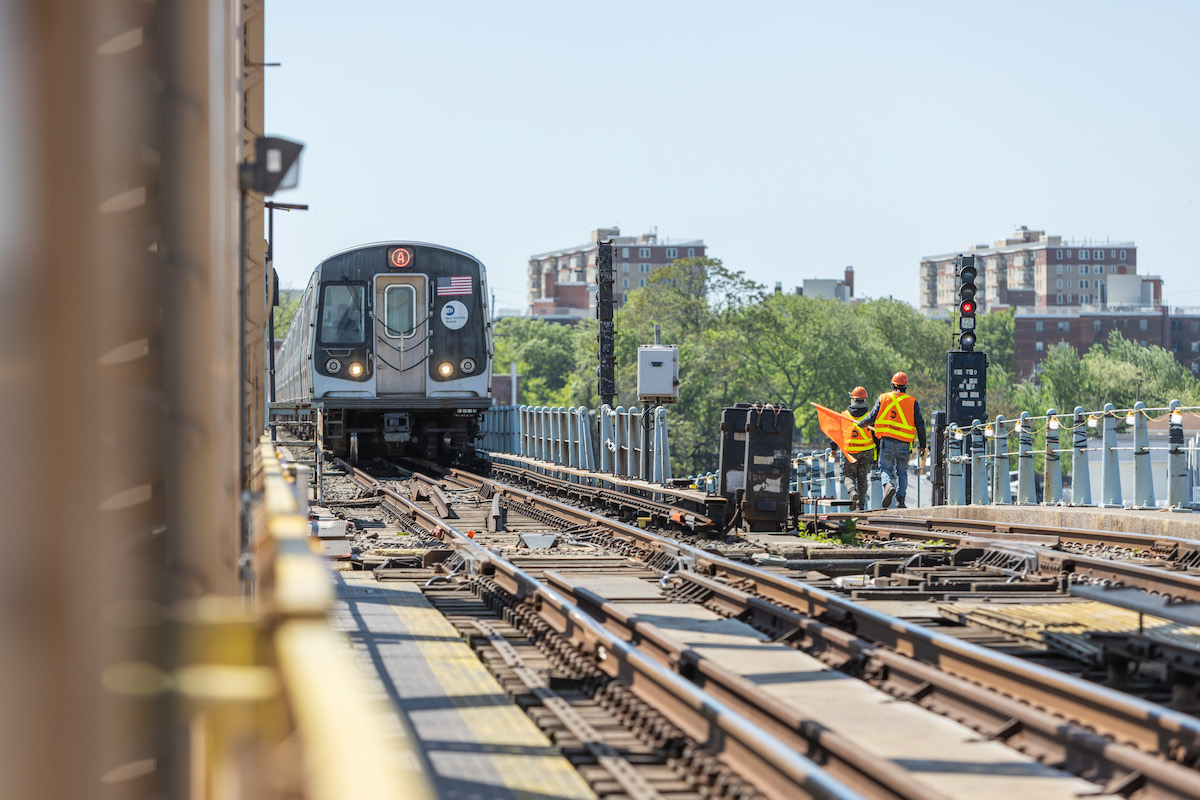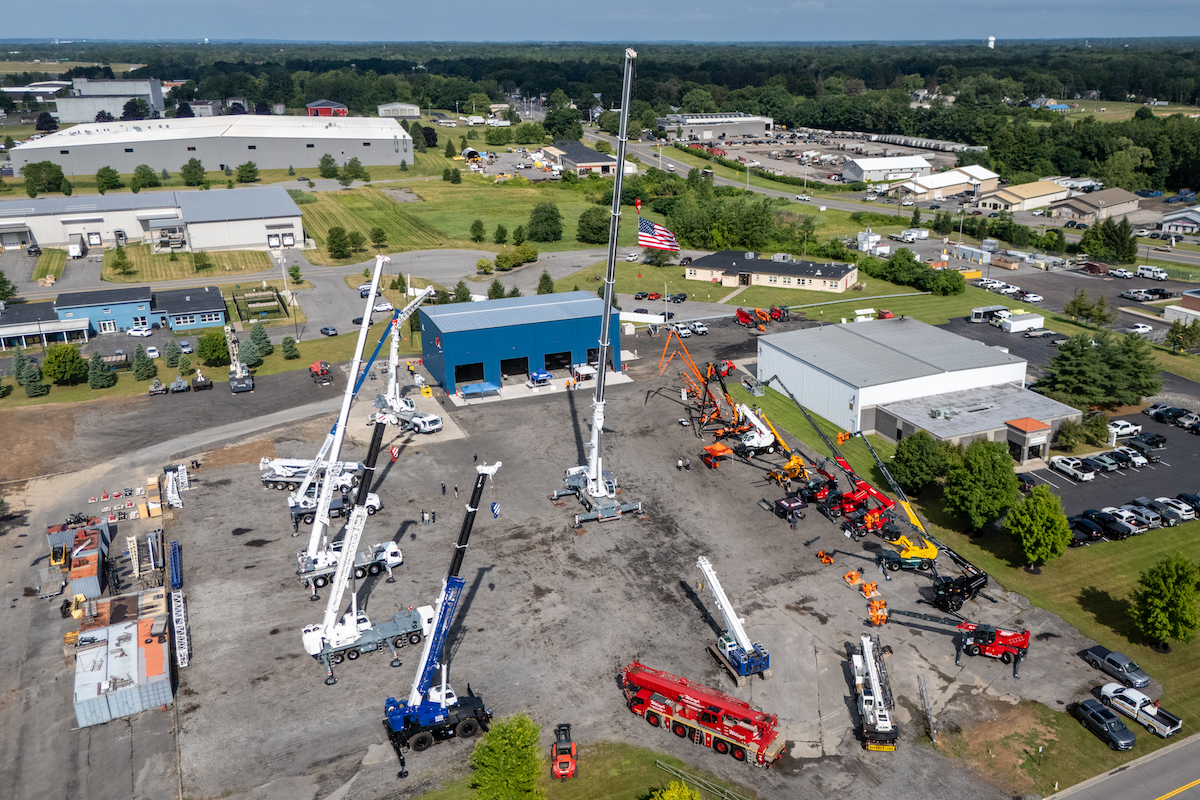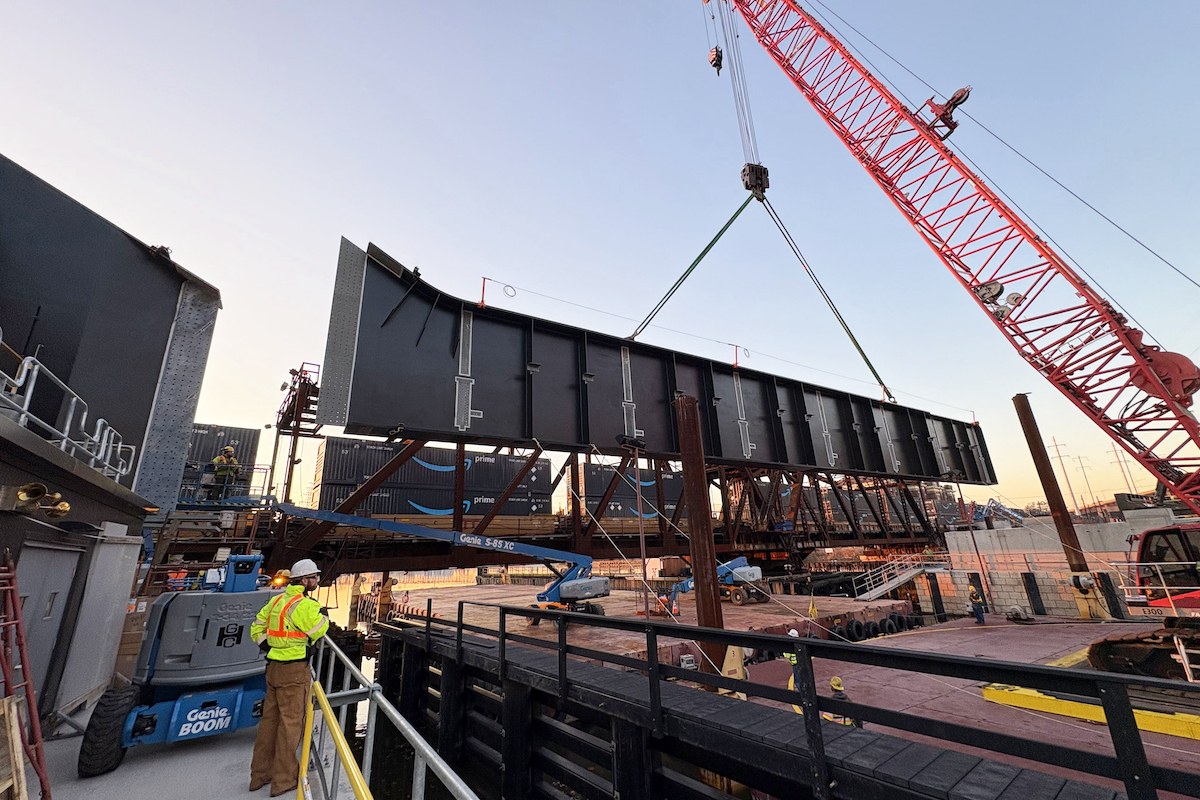“There’s been growth in the area, both in Douglas and Sarpy counties, so there are a lot of commuters who use the corridor,” said Austin Rowser, Assistant Director of Transportation for the Omaha Public Works Department. “We needed to widen the road.”
Most of the corridor consists of residential and commercial areas. Both contribute to the congestion. When a vehicle waits to turn left, traffic often backs up. About 21,250 vehicles drive through this section of 168th Street daily. The department expects that number will increase to 29,300 in 2042.
The population of Sarpy County has grown about 5 percent from 2020 to 2023, and Douglas County increased by about 1 percent during that time, according to the U.S. Census Bureau. Total population for the two counties stood at close to 800,000 people in 2023.
Safety features include controlling access to the road, limiting turn movements, and adding sidewalks for pedestrian protection.

| Your local Trimble Construction Division dealer |
|---|
| SITECH Allegheny |
| SITECH Northeast |
The work also includes installing curbs and gutters, enclosing a storm sewer, creating a storm drainage collection system, adding block retaining walls, adding traffic signals, and constructing noise walls in residential areas as identified and outlined by a federal study.
Crews also will build an approximately 175-foot-long bridge over Zorinsky Lake. The road passes through the U.S. Army Corps of Engineers’ (USACE) Dam Site 18, which divides the lake into east and west basins, with a small channel connecting the two basins.
“168th Street crosses over the lake, and it is backed by the dam site,” Rowser said.
Retaining walls and temporary fencing will protect wetlands near the lake, with no direct impacts to the body of water anticipated. Construction equipment is cleaned before and after entering the water to mitigate the spread of zebra mussels and other invasive species. The environmental assessment found the project had no significant impacts. There were no endangered species affected by the work. At a nearby park, the team will mitigate trees and some wetlands impacted by the project, adding trees and creating new wetlands.
“The federal process was difficult because of the lake and the NEPA [National Environmental Policy Act] requirements,” Rowser said. “Right of way also was a significant issue.”
The city kept right of way acquisition to a minimum by using retaining walls.
The design process took about 15 years. Benesch of Chicago worked on the early design and the environmental assessment. HDR of Omaha completed the final design. InfraStructure of Omaha consulted on the bridge work.
The project is part of the city’s Keep Omaha Moving roadway improvement initiative. When complete, Rowser anticipates an 80-20 split of federal and local money for construction. The project received $15 million from the federal Infrastructure Investment and Jobs Act.
Work started on the 168th Street project in early 2023. It began with utilities relocating their lines.
“There was a lot of interesting activity that went on regarding utility coordination,” Rowser said. “The lake itself presented some difficult challenges for the power company.”
The electrical company had an area line that crossed an embankment. The company had to coordinate with USACE and complete some special engineering to get the lines moved ahead of the project.
The city and Hawkins also dealt with changes to a sanitary sewer line that crossed the lake, hanging off the existing bridge. The team placed a pump and ran the sewer line on the surface until it was possible to rebury it. The next step will be to take the existing bridge down.
Along the roadway, crews are installing new storm sewers and curb inlets. The water drains into retention basins, then the water flows into the lake.
Crews brought in about 11,000 cubic yards of dirt to raise the grade. A large embankment will extend into the lake.
The flat slab or deck bridge crosses the channel connecting the two basins of Zorinsky Lake. Crews placed pipes under the bridge temporarily to allow water to pass from one side of the lake to the other, to keep the area dry while constructing the bridge substructure.
“It’s a little bit of a complex project around the bridge, because there is a lot of work going on and not a lot of room,” said Kurt Peyton, Vice President of Hawkins Construction. He added that work on the retaining walls, the sanitary sewer, and bridge building is taking place while traffic continues.
Widening the bridge did not require all new foundation work, because existing foundation and piers were able to be used for a portion of the new bridge. Current crews raised and widened the piers and abutments, are extending the deck, and adding a sidewalk to the bridge.
“We drive pile and build onto the existing piers,” Peyton said. “We add onto the piers on each side.”
Crews built a temporary causeway during construction. The team also is building bicycle trails under the bridge and up each side of it, which will connect with Zorinsky Lake recreational areas.
“To do that, we installed some cast-in-place retaining walls along the shoreline and around the bridge,” Peyton said. “There also are vinyl sheet retaining walls.”
Throughout construction, the team maintains access for traffic in both directions, with no interruptions to trash pick-up and mail delivery. Crews also maintained access for residents and an elementary school.
“We are doing the project in phases,” Peyton said. “We put temporary pavement on the east side of the project, so we could push traffic to the east. We completed the west side and then switched traffic back.”
Crews had completed most of the noise walls as of the writing of this article. The project remains on track for completion this year, with some seeding to take place in spring 2025.
“A lot of hard work has gone into this and a lot of dedication,” Rowser said. “We will have a new product that will last a long time and be low maintenance. It will allow the community to have fewer traffic delays, lower emissions, and a safer corridor.”











